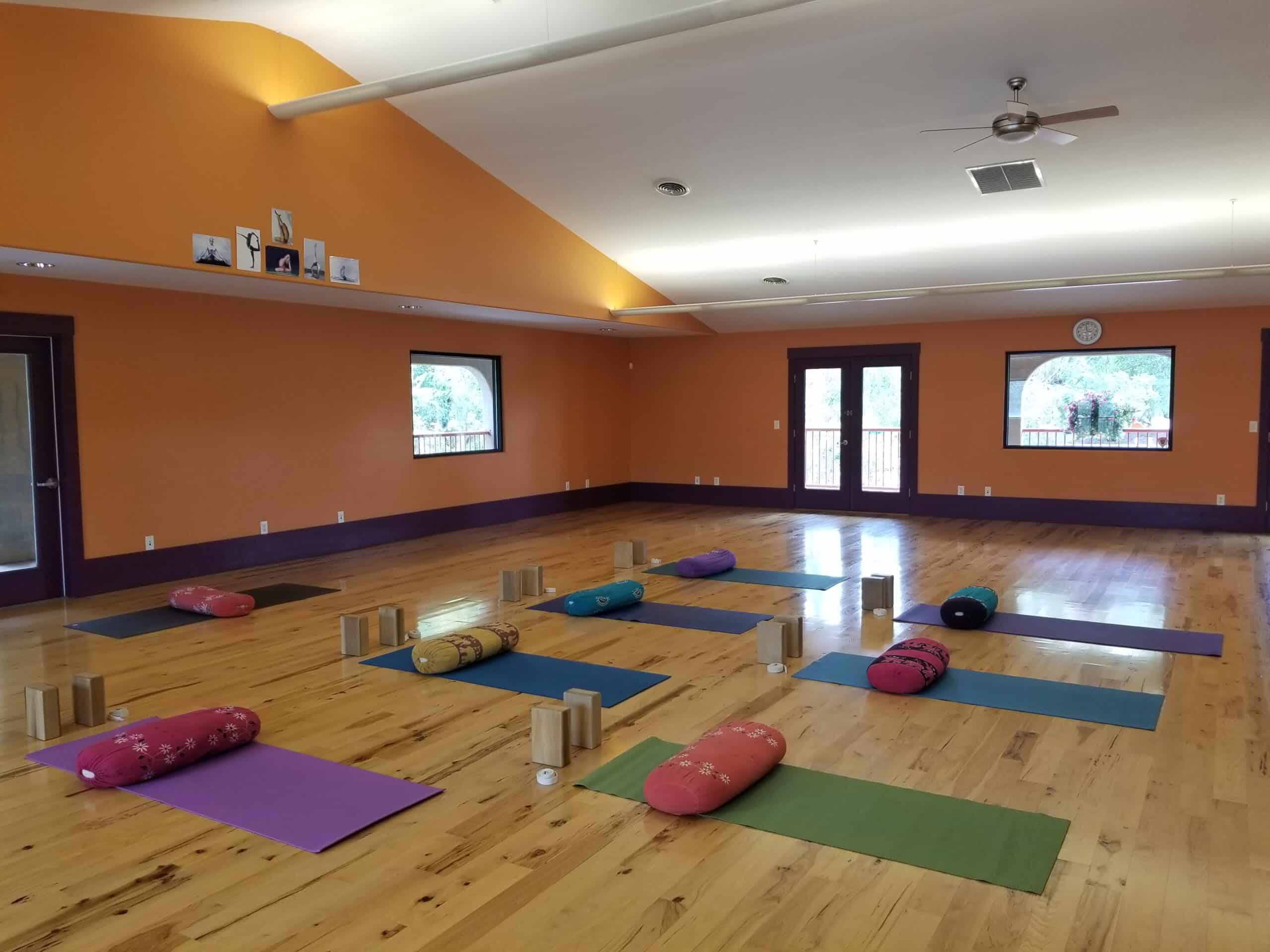Embodiment Helps You Reconnect with Your Body
Embodiment has become all the rage in the last few years. Mark Walsh, one of the leaders of the movement, has recently released Embodiment: moving beyond mindfulness, a first-of-its-kind book that explains in clear terms what embodiment is about and why it matters.
As Walsh explains in his book, embodiment might at first look similar to mindfulness, but the two are not the same. Mindfulness is a body awareness practice through which you become aware ofyour body, while embodiment is a self-awareness and development practice that entails that you become awareasa body. There any many different disciplines that can be “embodied,” yoga and dance are just two examples.
Walsh goes on to list several reasons (17 in total) why people might want to develop their embodiment. Among the reasons he lists are:
- To know what is blindingly obvious to everyone else about you
- To have a choice in how you are
- To manage your out-of-control emotions
- To be a more compelling leader, more sensitive parent or more vibrant lover
- To be more creative
- To tune into a clearer sense of life purpose
- To feel deeply at home in your own skin
- To have a bodily sense of belonging
- To play more freely with children, of all ages
- To get unhooked from addictions, large and small
- To feel fully alive, and to be fully human
By now, it will have become clear that embodiment is much more than just keeping “fit” and that it touches in a profound manner who you are and how you relate to everything and everybody around you.
Walsh also lists red flags that will tell you that you have become disconnected from your body:
- I notice that I’m not noticing my body
- My posture is not balanced
- I’m brutalizing myself with overwork, treating myself like an industrial machine
- My breathing is tight and irregular
- My body aches from tension (especially back, shoulders and belly) or is exhausted. This can feel like coming back to a resentful angry child who has been left alone too long
- I’m rushing. It is possible to be embodied fast (as in martial arts), but rushing skips feeling
- I have a hot “electric” feeling in my head and face
- I stop listening
- I’m eating low-quality food, especially when not hungry, or engaging in other addictive behaviors to self-regulate
- I’m hurting myself in subtle or less subtle ways in order to feel
- I have numbness to strong stimuli, like loud music, strong tastes, etc.
- There’s a subtle, overall feeling of contraction and limitation in the whole body, like being in a cage, a loss of natural expansiveness
- I’m ungrateful
- I’m treating others as sex or success objects – as means to an end
The book not only offers insights of which we have shared some above, but also practical tips, illustrative poems and even deeply personal stories to help readers reconnect.
Walsh’s book is available on Amazon. The excerpts from the book have been published with permission from the author.
Photo courtesy Mark Walsh.
Mark Walsh is the founder of The Embodied Facilitator Course, Embodied Yoga Principles, The Embodiment Podcastand The Embodiment Conference. With an honors degree in psychology, 20+ years of yoga experience and an aikido black belt, he has dedicated his life to embodied learning. He has taught everyone from street kids to the rich and famous, in over 50 countries. His hobbies include offending pirates with his swearing, impressing cats with his stroking and embarrassing drunks with his dancing.
Take stellar notes and love the earth with these eco-friendly pencils that are plantable when you’re done! [...]

Subscribe to Our Tribe
Stay up to date with Y+L News, Events and special announcements.










